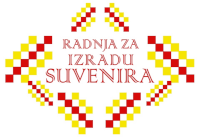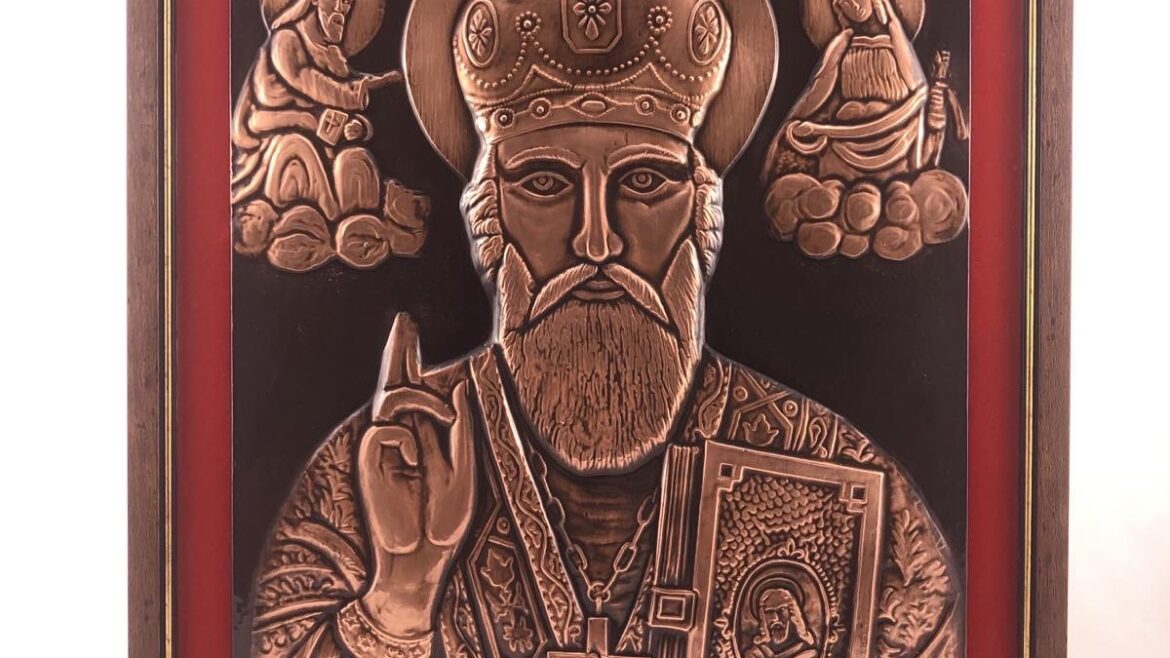The Serbian Krsna Slava, also known as Slava, is a unique religious and cultural tradition celebrated by Serbian Orthodox Christians. It is an important part of Serbian identity and heritage.
Slava is essentially a family’s patron saint day, and each family has its own designated saint. The tradition is passed down through generations, and every family celebrates the Slava on the same day each year, typically according to the Julian calendar. The Slava day remains constant for a family, regardless of where its members live or travel.
The celebration usually starts with a church service dedicated to the family’s patron saint. The family gathers for a special meal, which often includes traditional dishes and ritual bread called “kolač,” prepared in a specific way for the Slava. The kolač is blessed during the church service and is an essential part of the celebration.
Throughout the day, family and close friends visit the host’s home to offer congratulations and well-wishes. The host serves food, drinks, and the kolač to the guests. It is customary for the host to give a small gift, usually a religious item, to each visitor. The atmosphere is joyful and festive, with singing, dancing, and storytelling often taking place.
The Slava celebration is an important time for families to come together, strengthen bonds, and honor their heritage. It fosters a sense of unity, tradition, and continuity within the Serbian Orthodox community. The Slava tradition is so deeply ingrained in Serbian culture that it is recognized as an intangible cultural heritage by UNESCO.
It’s worth noting that while Slava is primarily a Serbian Orthodox tradition, it is also celebrated by some Montenegrin and Macedonian Orthodox Christians, who share similar cultural ties with Serbia.


